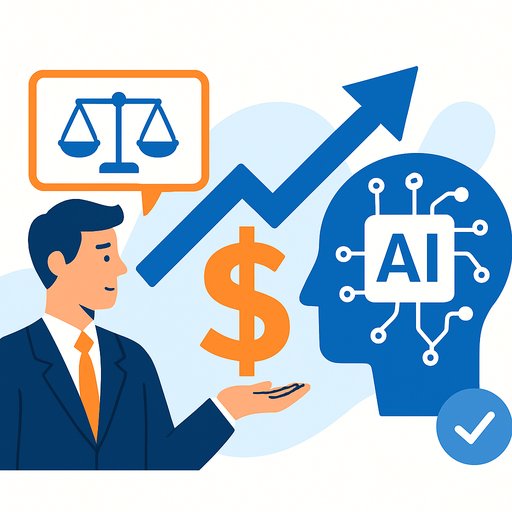AI Listens: How Communications Can Shift from SEO to GEO Management
Chatbots like ChatGPT, Copilot, and Gemini have moved beyond being mere novelties. Recent data shows that up to 90% of B2B decisions are now influenced by tools powered by large language models (LLMs). Meanwhile, 67% of Generation Z and millennials have already started using AI assistants instead of traditional search engines like Google.
Search results no longer appear as simple lists of links. Instead, AI algorithms instantly create a reputational snapshot of your brand and deliver an immediate judgment: trust or doubt. This shift means that managing brand awareness in media is no longer enough. What truly matters is how AI interprets your brand and which messages or vulnerabilities it highlights in its responses.
Enter Generative Engine Optimization (GEO). GEO focuses on optimizing content to ensure it appears favorably in AI-generated answers across platforms like ChatGPT, Perplexity, Google AI Overviews, Copilot, and Gemini.
Three Key Challenges at the Intersection of SEO and GEO
As users move from traditional search to generative search, brands face new challenges. Strategies that once guaranteed SEO success may now weigh down your reputation in AI-driven results. Here are three critical hurdles brands need to address:
- Content Alignment: Traditional SEO prioritizes keywords and backlinks, but GEO demands content that aligns with how AI models interpret and generate answers. This means adjusting tone, clarity, and factual accuracy to influence AI narratives positively.
- Reputation Management: AI instantly assesses trustworthiness based on available data. Any inconsistent or negative information can disproportionately affect AI-generated recommendations, making reputation monitoring and correction essential.
- Visibility Control: Unlike classic SEO where you control your website’s ranking, GEO means your brand’s presence depends on AI selecting and presenting your content. Optimizing for GEO requires anticipating AI behavior and ensuring your messages are prioritized.
For managers, the shift from SEO to GEO means adapting communication strategies to focus on AI perception. Investing in this area today can protect your brand’s reputation and influence decision-making processes that increasingly rely on AI.
For practical guidance on adapting to these changes, exploring courses on AI tools and prompt engineering can be highly valuable. Resources like prompt engineering courses offer actionable insights to help your team master content optimization for AI-driven environments.
Your membership also unlocks:





